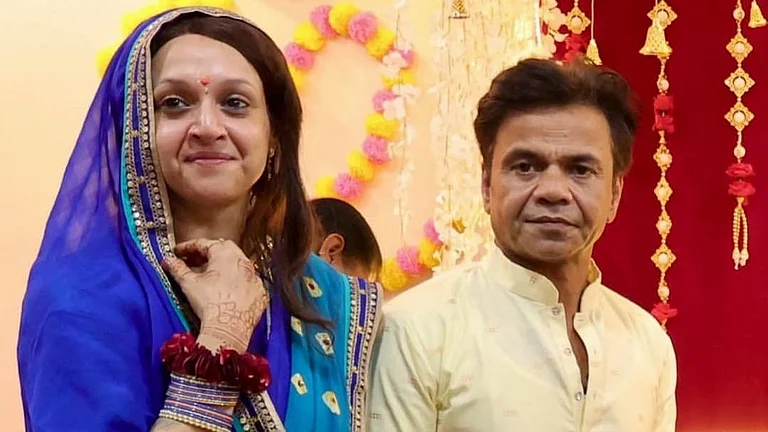India will host the foreign ministers of the Shanghai Cooperation Organisation (SCO) nations at a two-day conclave in Goa beginning Thursday amid an escalating confrontation between Russia and the West over the war in Ukraine and concerns over China's expansionist behaviour.
Chinese Foreign Minister Qin Gang, Russia's Sergey Lavrov and Pakistan's Bilawal Bhutto-Zardari are among those set to attend the meeting that will be chaired by External Affairs Minister S Jaishankar.
The overall situation in Afghanistan including apprehensions that the country may turn into a breeding ground for terrorism under the Taliban rule as well as the fast-evolving regional security situation is expected to figure prominently during the deliberations.
However, the spotlight is expected to be also on whether there will be a bilateral meeting between Jaishankar and Bhutto-Zardari on the sidelines of the SCO conclave.
India is emerging as a key player among the SCO countries though China and Russia are seen as the major drivers of the grouping that is increasingly seen as an "alternative" to NATO.
In a way, New Delhi has been uniquely placed in the SCO as it is also a member of the four-nation coalition Quad. The other members of the Quad are the US, Japan and Australia.
Both Russia and China have been severely critical of the Quad.
People familiar with the preparation of the conclave said ways to expand overall cooperation including in areas of trade, investment and connectivity will figure prominently in the discussions.
It is expected that the challenges of terrorism as well as dealing with the implications of the war in Ukraine will also be discussed.
What is expected from this conclave?
India is hosting the SCO conclave when its ties with China are severely strained in view of the lingering border row in eastern Ladakh.
People familiar with the preparation of the conclave said the foreign ministers will deliberate on overall challenges facing the region in the backdrop of the current geopolitical turmoil and the state of bilateral ties between the member nations would not impact the discussions.
On the sideline of the conclave, the external affairs minister is expected to hold separate bilateral talks with his counterparts from Russia, China and a few other member nations, people familiar with the matter said.
Pakistan has already announced that Bhutto-Zardari would be travelling to India to attend the SCO foreign ministerial meeting being hosted by New Delhi in its capacity as the current chair of the grouping.
If Bhutto-Zardari travels to India, then it will be the first such visit from Islamabad since 2011. The then-Pakistan foreign minister Hina Rabbani Khar visited India that year.
Khar is currently serving as the minister of state for foreign affairs.
While the visiting dignitaries will be welcomed at a gala reception on May 4, the crucial deliberations on various key challenges facing the member nations of the grouping will be held on May 5, people familiar with the matter said.
India hosted the SCO defence ministerial meeting last week. The defence ministers of all the member nations of the grouping except Pakistan travelled to New Delhi and attended the meeting.
Special Assistant to Pakistan prime minister on defence affairs Malik Ahmed Khan joined the deliberations virtually.
The ties between India and Pakistan came under severe strain after India's warplanes pounded a Jaish-e-Mohammed terrorist training camp in Balakot in Pakistan in February 2019 in response to the Pulwama terror attack.
The relations further deteriorated after India August 2019 announced the withdrawal of special powers of Jammu and Kashmir and the bifurcation of the state into two union territories.
The SCO is an influential economic and security bloc and has emerged as one of the largest transregional international organisations.
The SCO was founded at a summit in Shanghai in 2001 by the presidents of Russia, China, the Kyrgyz Republic, Kazakhstan, Tajikistan and Uzbekistan.
India and Pakistan became permanent members in 2017. India was made an observer at the SCO in 2005 and has generally participated in the ministerial-level meetings of the grouping, which focus mainly on security and economic cooperation in the Eurasian region.
India has shown a keen interest in deepening its security-related cooperation with the SCO and its Regional Anti-Terrorism Structure (RATS), which specifically deals with issues relating to security and defence.
(With PTI inputs)


























